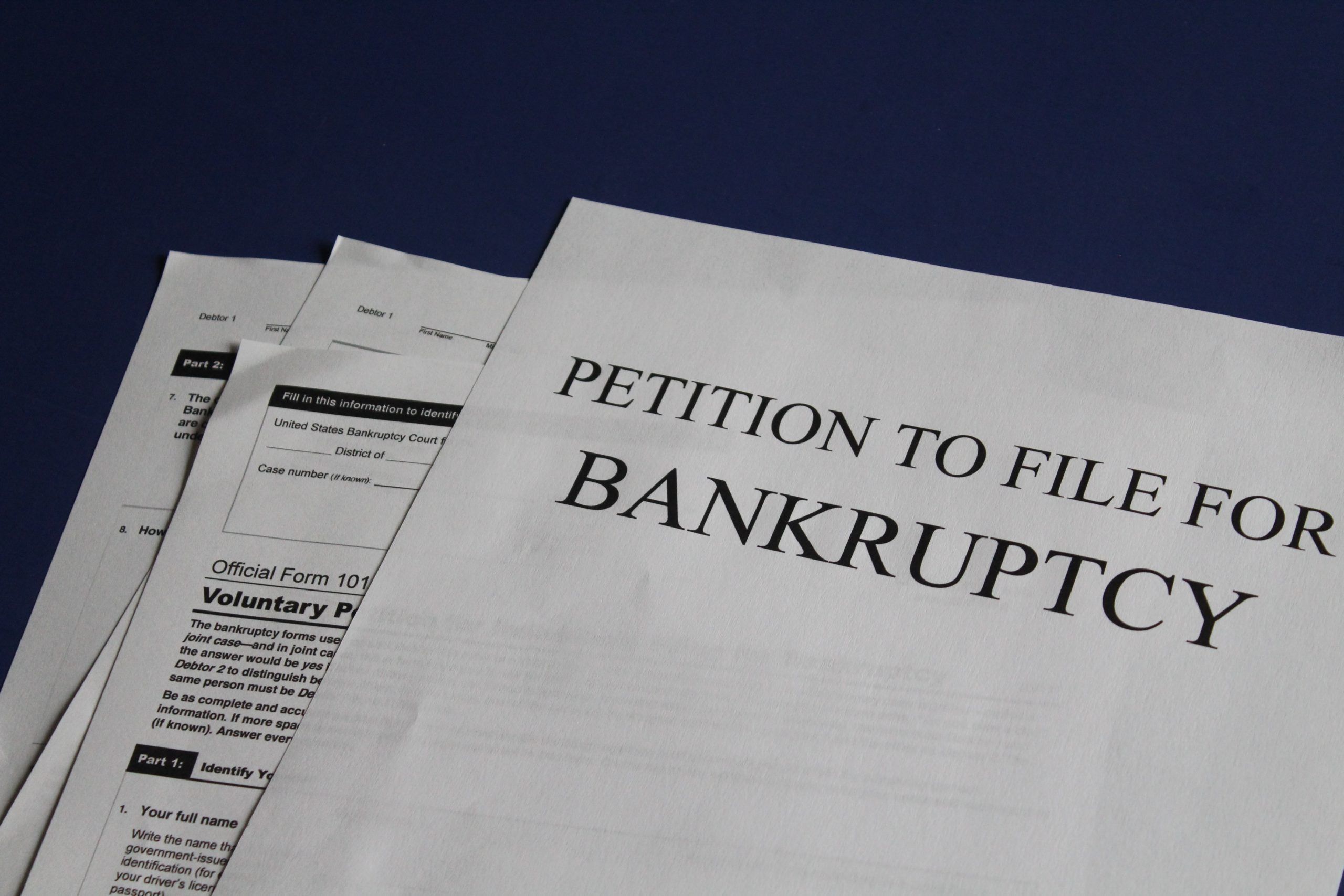Top 5 Bankruptcy Myths
Have you been struggling with debt and looking for a solution to help you out of your financial situation? You may have considered bankruptcy but are concerned that there’s a stigma attached to choosing this debt solution. Well, there are a few myths regarding bankruptcy that we’re going to uncover in this blog, which will, hopefully, help you see a clearer picture of what bankruptcy involves.
Before we go into some of the bankruptcy myths, let’s summarise what bankruptcy is.
Bankruptcy is a legal status that allows you to obtain a clean slate if you’re in debt. You can file for your own bankruptcy regardless of how much your debt is; however, if your creditor decides to apply to make you bankrupt, then your debt needs to exceed £5,000.
It costs £680 to apply for bankruptcy. To pay for this as well as any other administrative fees some of your assets may be sold. Whatever money is left will be shared between your creditors to pay off your debt.
If you manage to repay all of your creditors, then you may apply to have your bankruptcy cancelled.
After twelve months, regardless of whether you’ve repaid all of your creditors or not, your bankruptcy should come to an end as long as you’ve stuck to the agreed terms.
So, what are the bankruptcy myths?
1. Everyone will know that I filed for bankruptcy
Once you’ve been made bankrupt, then it does become public information. The details of your bankruptcy will be published on two government-owned websites: the Gazette and the Insolvency Register.
However, unless your case is already high-profile, then it’s unlikely that the information will be published in your local papers.
So, people can search for the details of your bankruptcy and this information will be available for them to view, but they’d already have to know about your bankruptcy to do this.
2. You always lose your job if you file for bankruptcy
Are you wondering whether you should file for bankruptcy if you have a job? You may be concerned that your job could be affected.
Well, the impact bankruptcy has on your job does depend on the type of job that you have and in which sector you work.
For example, if you work in a bank or for the police, then your bankruptcy could affect your position. You might not necessarily lose your job, but the duties you usually perform may be changed.
However, in most cases, you are not legally obliged to share your bankruptcy with your employer. Ensure that you read your contract thoroughly to understand the terms set out by your employer. If you’re still unsure after checking your contract, then speak with your employer.
Your employer must treat you fairly. If they decide to dismiss you, then seek external advice to ensure that your employer has treated you fairly and to find out whether you can challenge the dismissal.

3. You will lose all of your assets
A lot of people tend to think that once a person goes bankrupt they will lose everything. This isn’t true.
If you go bankrupt, then certain items will be excluded from the assets that are sold to pay off your debt.
For example, any items that you need to be able to work, such as books, equipment, or even a vehicle, will not be taken from you. These items are known as ‘tools of the trade’.
Additionally, you will be able to keep any items that are necessary for you to function normally, such as clothes, furniture, kitchen appliances, and so on.

4. I’ll never be able to get credit again
You may have limited access to credit options for up to ten years after your bankruptcy has ended, or for as long as the bankruptcy stays on your credit record, which is usually for six years.
However, if you actively try to manage your credit report, then you can work at increasing your credit score.
For example, making all of your payments on time, taking out small loans and managing these well, and making sure you’re on the electoral register are all factors that can help to increase your credit score.
Additionally, you can do all of the above even while the bankruptcy is on your credit report.
5. Bankruptcy gets rid of every type of debt
Most types of debt are covered by Bankruptcy and you will be released from them when you are discharged. These include debts such as unsecured loans, council tax arrears, utility debt, However there are some debts that are not included within a bankruptcy that you are still responsible for paying. These include:
- Debts gained by fraud
- Money owed under family proceedings (maintenance and lump sum settlements)
- Damages payable to anyone for personal injuries
- Student loans
- Court fines
- Debts created after the bankruptcy order
We hope that this blog has helped you to decide whether bankruptcy is the right financial solution for you.
But if you wish to know more about bankruptcy, then Swift Debt Help can offer some further bankruptcy advice.
Request a Debt Assessment
Disclaimer: For guidance only. Financial information entered must be accurate and would require verification. Other factors will influence your most suitable debt solution.
